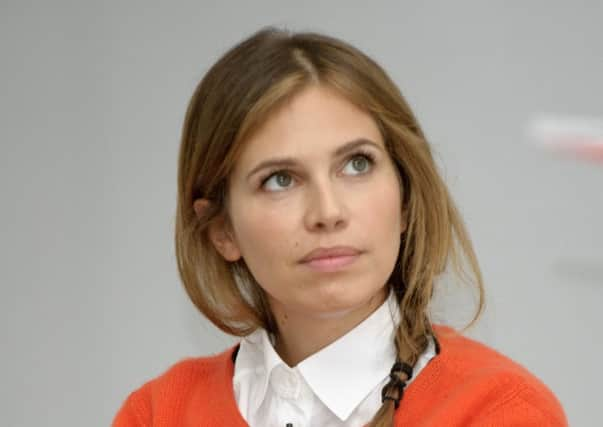Rich and powerful Russians at home in ‘Londongrad’


There are thought to be about 32,000 Russians living in the city but a disproportionate number of those are billionaires who have snapped up the most expensive properties in Kensington, the Russian-speaking heart of Londongrad, secured top jobs in finance and send their children to the capital’s fee-paying schools.
Other Londoners are fascinated by their wealthy, powerful and mysterious neighbours, many of whom feature on the news and gossip pages of the London Evening Standard, itself owned by the Russian billionaire Evgeny Lebedev.
Advertisement
Hide AdAdvertisement
Hide AdAccess to the world’s financial markets, proximity to the City of London and the international influence of the UK’s capital are behind the gravitational pull that has seen so many Russians base themselves in the UK.
The city also provides a safe haven from Vladimir Putin where they can continue to exercise political influence from afar. But their presence and influence has in recent days made the UK government nervous about the potential impact of sanctions against Russia on the City of London and its financial markets because of the wealth at their disposal. There is concern among UK ministers that difficulties for the wealthy Russians in London could see them rapidly transfer their assets elsewhere in the world.
Most famous of Russia’s oligarchs in London is the Chelsea football club owner Roman Abramovich, above right, who in 2011, in the depths of a housing slump, bought a Kensington Palace Gardens mansion for a reported £145 million. Another leading business figure is Vladimir Raitz, the co-founder of the Horizon Holiday Group.
There is a sense too that the Russians see themselves above the normal laws which govern other people’s lives.
This seemed to be highlighted by Mr Abramovich’s Russian partner, Dasha Zhukova, a fashion designer and the editor-in-chief of bi-annual art and fashion magazine Garage, who was accused of racism when she purchased a chair in the shape of a black woman.
The presence and influence of the Russians would have been unimaginable during the Cold War period, but that itself was an interlude between periods when Russia’s rich and powerful played significant roles in London.
Perhaps symbolic of the link between the two countries’ elites is the Russian heritage of the current UK political class.
London mayor Boris Johnson and Deputy Prime Minister Nick Clegg have Russian relations.